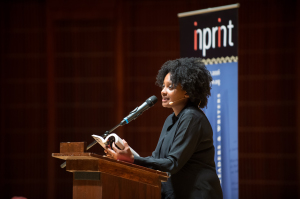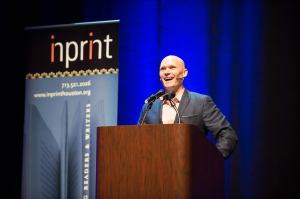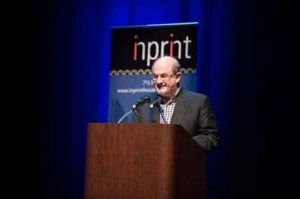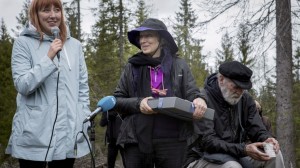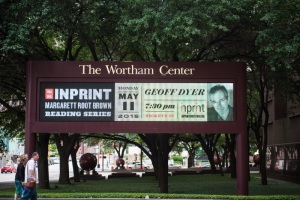From the Bayou City to the Northwoods
July 31, 2019, by Theodora Bishop
On traveling to a Midwest summer writing conference and remembering the literary community I come from
Writing in Solitude
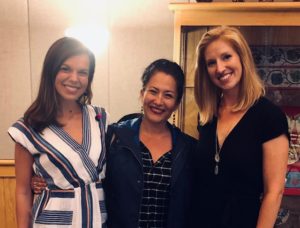 I love to write at my desk and to write in my bed, my couch. It’s true that when it comes to writing, I prefer the privacy of being home. Here, I can walk freely in circles, talking to myself about the particular conflicts I’m working through in a novel. I know how to circumvent the coffee table and couch, the rug where my cat tends to stretch in the sun.
I love to write at my desk and to write in my bed, my couch. It’s true that when it comes to writing, I prefer the privacy of being home. Here, I can walk freely in circles, talking to myself about the particular conflicts I’m working through in a novel. I know how to circumvent the coffee table and couch, the rug where my cat tends to stretch in the sun.
Don’t get me wrong: I certainly like to write in cafés and libraries, on the Metro—anywhere, really. I’ll take whatever time I can get! But there is something to be said about being able to recite aloud a draft without being concerned that someone beside me is trying to enjoy her newspaper or blueberry bagel, unruffled by my performance.
Writing at home is a luxury I don’t take lightly. Writing among a community of writers who also share a passion for your craft is yet another. This summer I was reminded of the privilege of not only being a writer, but of living in a community that values writing. Continue reading


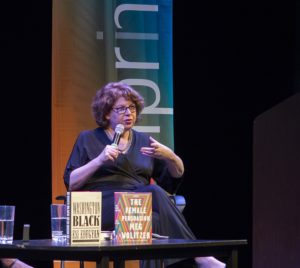 Last Monday night marked the first reading of the 38th season for the
Last Monday night marked the first reading of the 38th season for the 